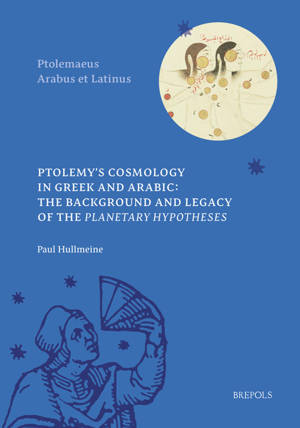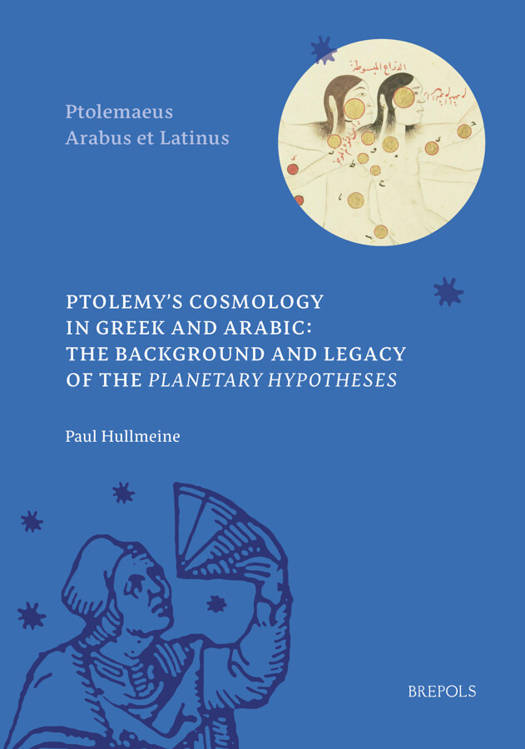
- Retrait gratuit dans votre magasin Club
- 7.000.000 titres dans notre catalogue
- Payer en toute sécurité
- Toujours un magasin près de chez vous
- Retrait gratuit dans votre magasin Club
- 7.000.0000 titres dans notre catalogue
- Payer en toute sécurité
- Toujours un magasin près de chez vous
116,60 €
+ 233 points
Description
The most influential work of ancient astronomy is the Almagest of Ptolemy (fl. 2nd century AD). But that work does not tell us everything about its author's views regarding the heavens. Sometime after completing it, Ptolemy turned his attention to giving a physical account of celestial motion. The result is his most important cosmological work, the Planetary Hypotheses, a bold attempt to provide a celestial physics that coheres with the mathematical account of astronomical observations in his Almagest. This book provides the first complete critical edition and English translation of the Arabic version of the Planetary Hypotheses, which is partially lost in its original Greek. It furthermore provides ample commentary on the whole work, which situates the Planetary Hypotheses within the context of its time and investigates philosophical ideas central to the work. These include the epistemic value of mathematics relative to natural philosophy, and the shape, number, and dynamics of the celestial bodies. The book also investigates the influence of the Planetary Hypotheses on a wide range of medieval Arabic astronomical and philosophical works from the 9th to the 13th century AD. The upshot is to establish the Planetary Hypotheses as a crucial text for understanding the history of philosophy and science from Greek antiquity to the Arabic Middle Ages.
Spécifications
Parties prenantes
- Auteur(s) :
- Editeur:
Contenu
- Nombre de pages :
- 479
- Langue:
- Français
Caractéristiques
- EAN:
- 9782503607177
- Date de parution :
- 11-10-24
- Format:
- Livre relié
- Format numérique:
- Genaaid
- Poids :
- 535 g

Les avis
Nous publions uniquement les avis qui respectent les conditions requises. Consultez nos conditions pour les avis.






